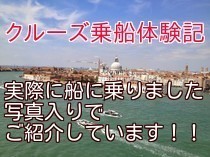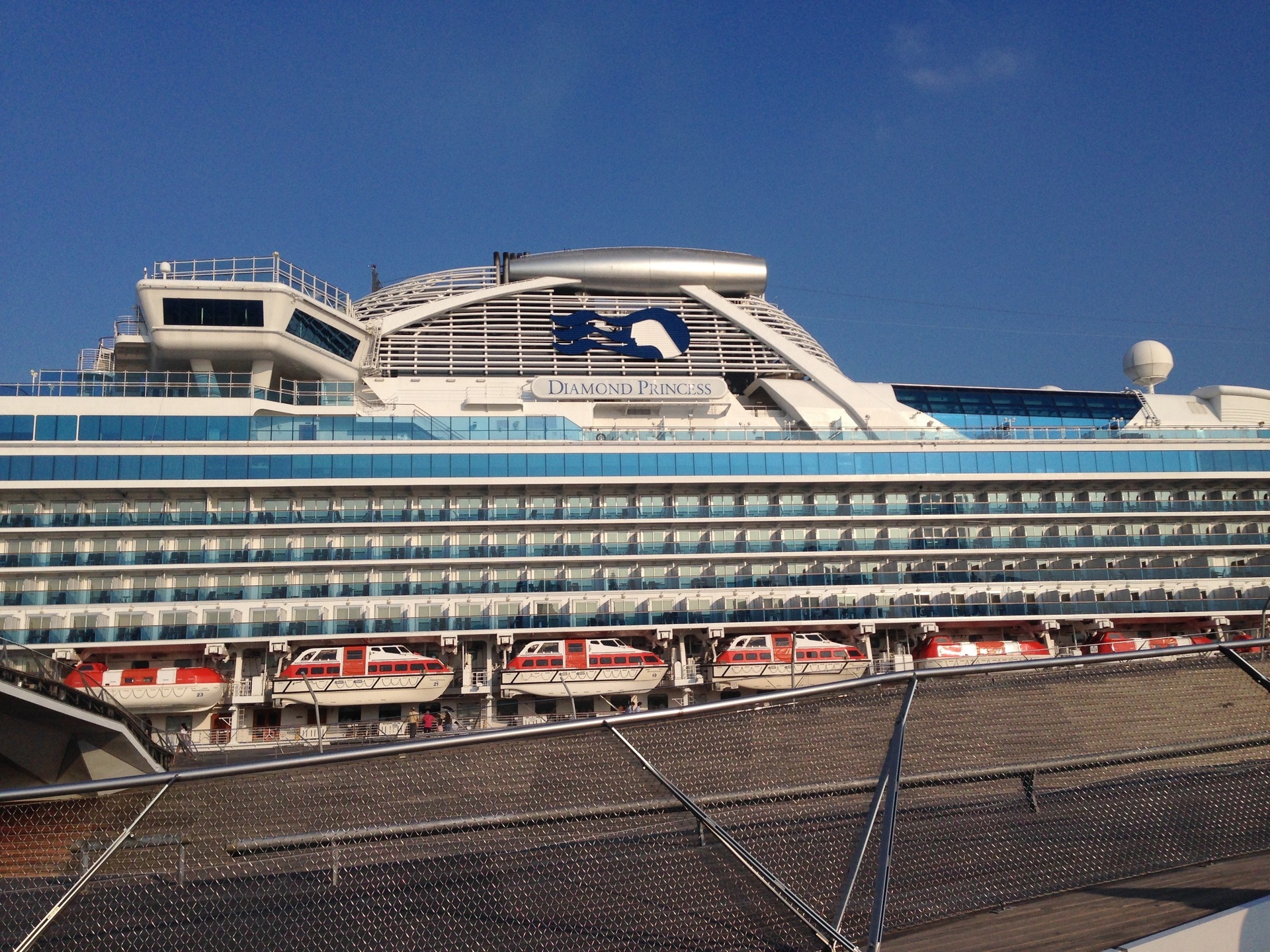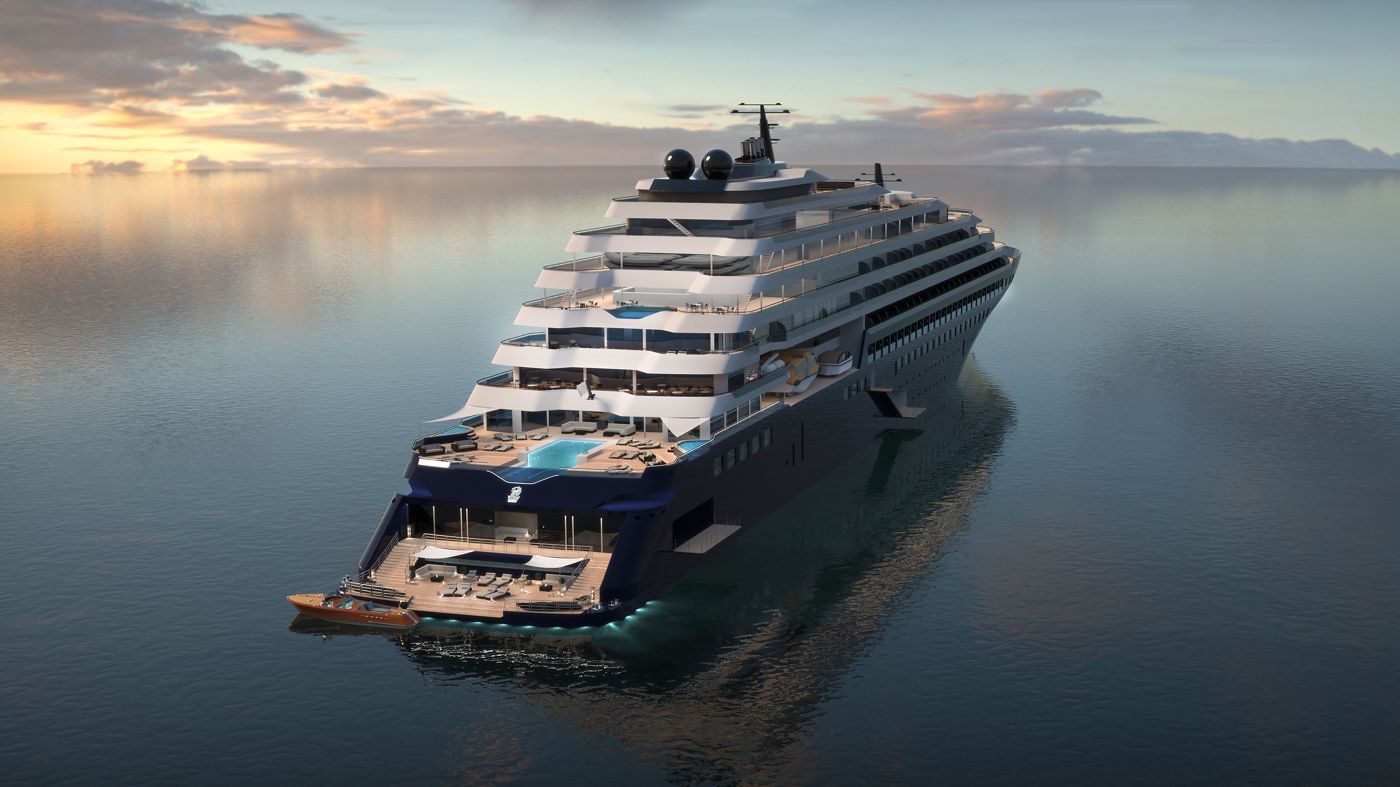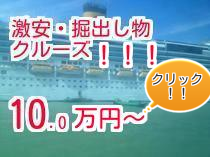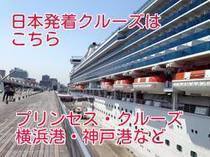Just as nationalities and other forms of registration follow individuals around the world, ships around the world also have nationality (ship's nationality) registrations. Half of the merchant ships currently in service around the world are flagged in countries that have adopted a flag of convenience system, rather than being registered in their own country (the country of actual ownership), such as developed countries. Countries that have introduced such a system include the Bahamas and Panama.
The advantages of this system from the operator's point of view are (1) registration tax and operational taxation (tax haven), (2) fewer restrictions on unions, etc., and a variety of options for crew/employee assignments, (3) flexibility in ship safety and facilities, and (4) the ability to operate ships with a high degree of safety. (3) Flexible operation of ship safety and facilities (different countries have different standards for safety and facilities).
Cruise ship operations have two aspects: the maritime aspect of "moving the ship" and the service aspect of "taking care of the many travelers on board. The former, from the perspective of nautical technology, can be solved as an extension of cargo ship operations, but the latter, the mechanism for "taking care of many travelers" (i.e., hiring many employees), is valuable because it determines travelers' evaluations, which in turn leads to the sustainability of the business.
The recruitment of the most competitive and diverse crew (licensed) and employees determines the quality of service on board. Diversity and quality of service is achieved by having a diverse service sector and a mixed workforce that draws on the national characteristics of each of the nationalities that fill it and their characteristics. Under the flag-of-convenience ship system, there is less interference and restrictions from unions, etc., and large cruise ships can be competitive due to the cost reduction effect of the system. Under this system, this aspect also has a significant ripple effect.
Many travelers board cruise ships with expectations of the environment and services they will receive on board, and in order to respond flexibly and quickly to these expectations, the system itself must have a relatively free framework. The shipboard system is, in a sense, like a small city on the sea, and is built on human compatibility (with travelers), i.e., the right person at the right time. For this reason, it is necessary to have a mechanism to hire people who have the ability to meet the needs of travelers at any time, and this is where the key to success lies. One of the management tips for this rapid operation was the adoption of the flag-of-convenience ship system.
Most of the cruises in the international waters of the Caribbean Sea were based on the "ship of convenience" system. While most of the passengers were from the U.S. market, the people providing services on board were "non-Americans," Europeans and Asians from the Philippines, etc. This compatibility created a delicate atmosphere on board. At the time, some U.S. travel agents filed lawsuits claiming that U.S. domestic law (hiring Americans) should be applied to resolve shipboard accidents, but cruise ship operators could not abandon the advantages of the flag-of-convenience ship system.
On the other hand, by hiring the best staff from the international labor market under this system, the cruise lines were able to create a service delivery system on board that was comparable to that of domestic hotels in the United States. In order to achieve this, communication between the ship's guests and the ship's staff was essential, and the ultimate goal was to create a form of accommodation on board that would emphasize "English language skills" (since the ship's guests were mainly American, English was made the official language on board).
【このカテゴリーの最新記事】
- no image
- no image
- no image
- no image
- no image
- no image

